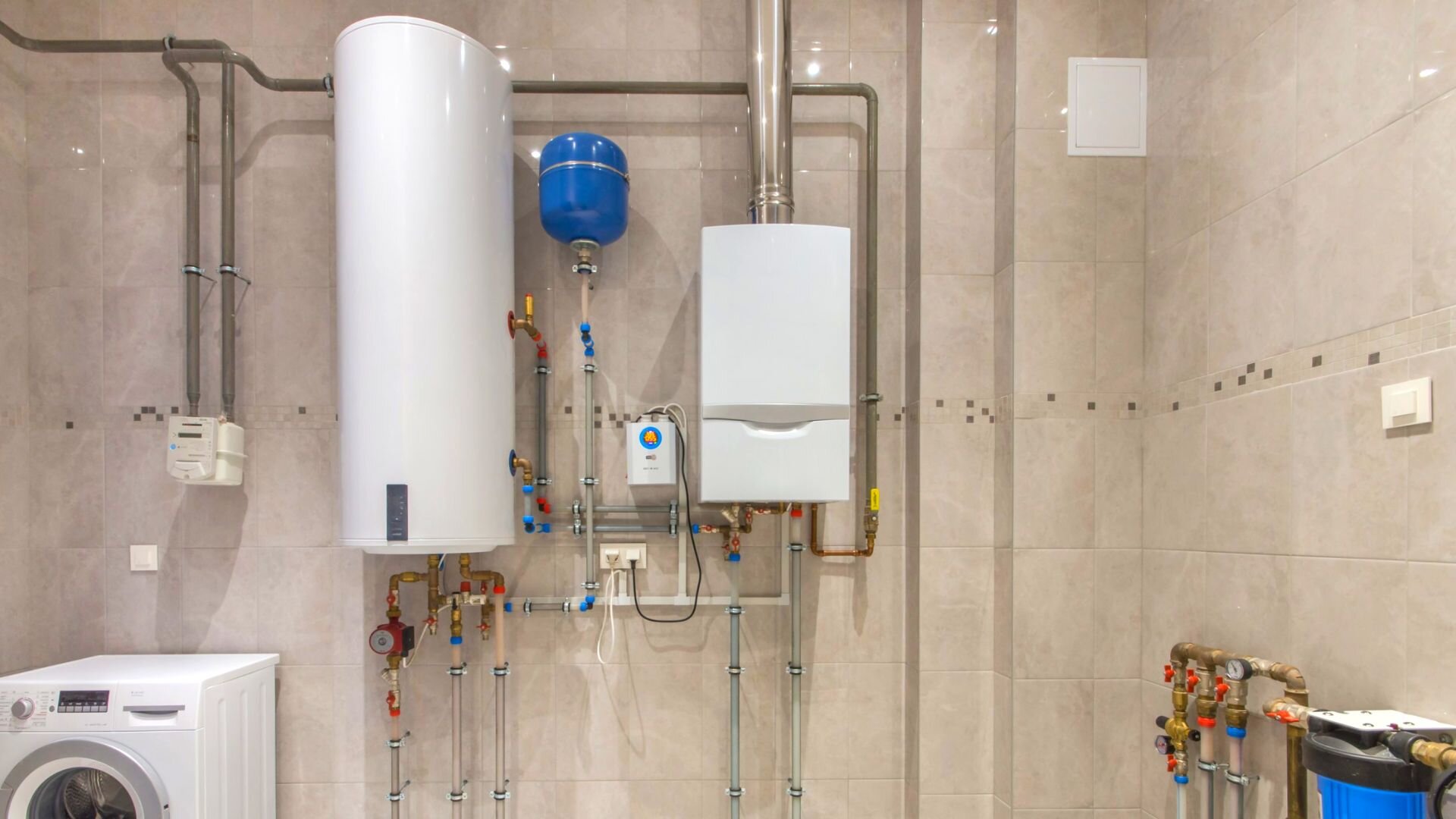
When it comes to choosing a hot water system for your Brisbane home, the decision often boils down to two popular options: gas and electric. Each comes with its own advantages and drawbacks, but the ultimate question for many homeowners is—**which one saves more money in the long run?** In this blog, we’ll compare gas and electric hot water systems, considering Brisbane’s climate, energy costs, and household usage to help you make an informed choice.
How Gas Hot Water Systems Work
Gas hot water systems heat water using natural gas or LPG. They are available in both storage tank and continuous flow (instantaneous) models. Because gas heats water quickly and can operate even during power outages, it’s a popular choice in many Brisbane households. Natural gas is generally cheaper than electricity per unit, making gas systems more economical for large families or homes with high hot water demand.
How Electric Hot Water Systems Work
Electric systems use a heating element to warm the water, much like a kettle. These systems are available in storage tank and instantaneous models. Although electric systems have lower upfront costs and are easier to install, they tend to consume more energy, which could increase your electricity bill over time—especially if you’re not on off-peak tariffs.
Cost Comparison: Installation and Running Costs
Gas hot water systems generally cost more to install, especially if you don’t already have a gas connection. However, once installed, the running costs are often lower due to the lower price of gas. On the other hand, electric systems are cheaper to install but may cost more to operate, particularly during peak hours. In Brisbane, electricity prices can vary based on your provider and tariff structure, so understanding your energy plan is essential.
Energy Efficiency in Brisbane’s Climate
Brisbane’s mild climate is ideal for both systems, but gas units generally offer quicker recovery times and are more efficient for larger households. Electric systems can be efficient too—particularly heat pump electric units—but they may struggle to keep up with higher water demand unless sized correctly.
Environmental Considerations
If reducing your carbon footprint is a priority, gas systems tend to emit fewer greenhouse gases than standard electric units. However, electric heat pump systems or those powered by solar panels (with electric backup) are even more environmentally friendly. Brisbane’s sunny weather makes solar-electric hybrids an excellent long-term investment.
Lifespan and Maintenance
Both systems typically last 10–15 years, but gas units may require more frequent maintenance due to the burner and ventilation system. Electric units are simpler in design and may have fewer mechanical issues. Regardless of the system you choose, annual servicing is recommended to maintain efficiency and safety.
Which System Saves More in Brisbane?
For households with access to natural gas and moderate to high water usage, **gas hot water systems usually offer better long-term savings**. However, if you have access to off-peak electricity or can install a heat pump or solar-electric hybrid, **electric systems can also be cost-effective**, particularly for smaller households.
Final Thoughts
Choosing between a gas or electric hot water system in Brisbane ultimately depends on your household size, budget, energy tariffs, and environmental goals. If you’re unsure which system suits your home best, consult with a licensed Brisbane plumber who can assess your needs and recommend the most efficient and cost-effective solution for you.

